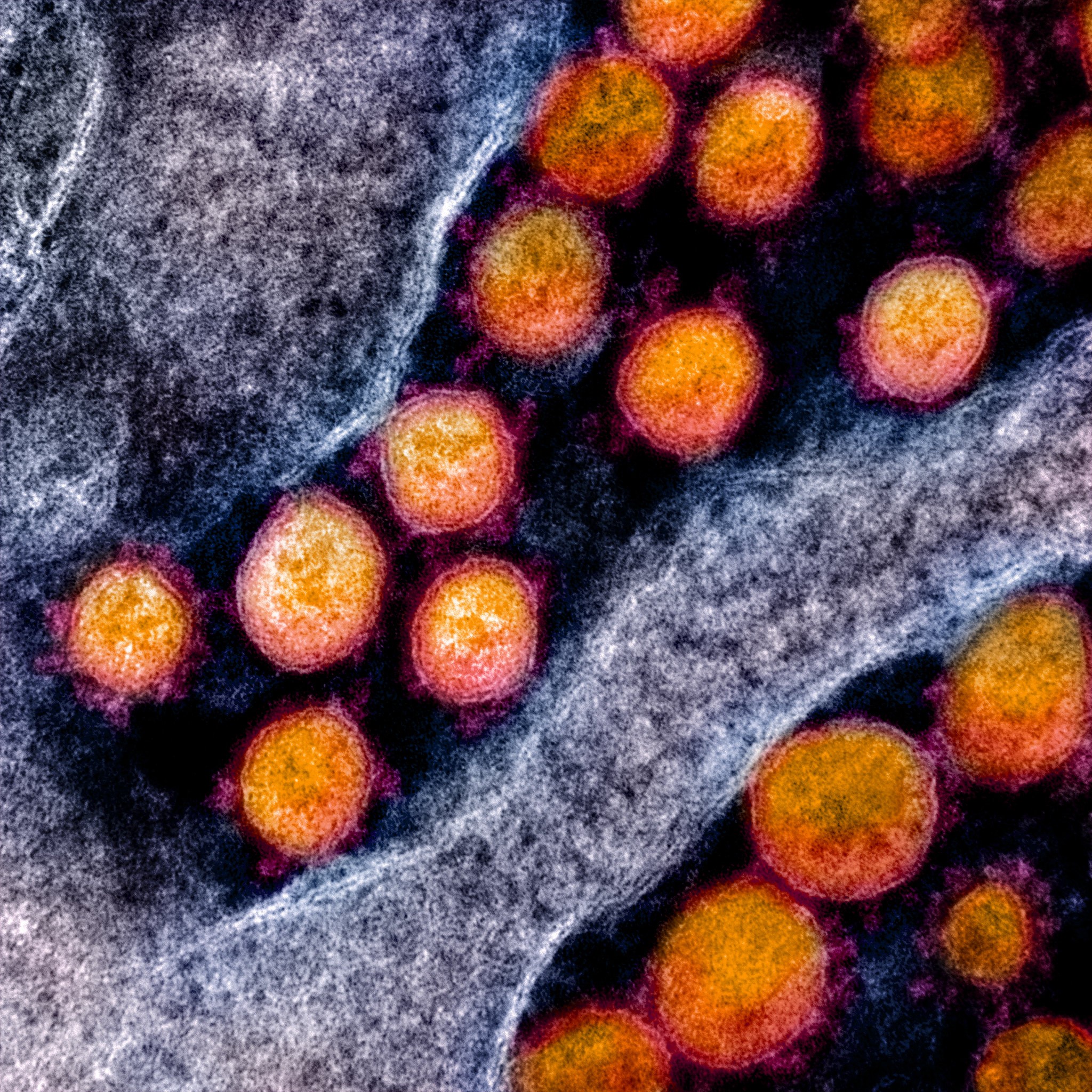RIO DE JANEIRO, BRAZIL – Brazilian researchers have recorded the first case of reinfection caused by the South African variant of Sars-CoV-2. The finding was the result of the work of scientists from the Instituto D’Or de Pesquisa e Ensino (IDOR), Fundação Oswaldo Cruz (Fiocruz) and Universidade Federal de Minas Gerais (UFMG) and will be published in The Lancet Infectious Diseases journal.

The case occurred with a 45-year-old woman living in Salvador, Bahia, who has no comorbidities. According to the experts, she was diagnosed with Covid-19 on May 20th, 2020 and on October 26th she developed slightly more severe symptoms and tested positive for the novel coronavirus again.
The scientists conducted genomic analysis of the strains attacking the patient at both times, which allowed them to compare the microorganisms with each other and with other viruses found in Brazil and around the world. Hence, the team confirmed that she did indeed experience two events of Covid-19 caused by two different strains of the novel coronavirus – one of them the E484K strain identified in October in South Africa.
As reported by experts, the South African Sars-CoV-2 variant began to circulate in Brazil in October. The E484K is a concern because it is part of a group of variants associated with increased transmissibility of the virus.
“This mutation occurs in a surface protein of the virus, which we call spike protein. It occurs exactly at the site of interaction with the ACE2 receptor in the cells. So the virus uses this receptor to enter the cells,” explains the UFMG (Federal University of Minas Gerais) scientist Renato Santana, one of the study’s authors, in a statement. “And this variant specifically amplifies the binding of the virus on the cell’s surface, which increases transmission, that is, the amount of viral particles that manage to penetrate into the cell. As a result, there is an increase in viral load and transmission.”
According to the team, such cases suggest that having already been infected by Sars-CoV-2 does not necessarily imply being immune to all variants of the novel coronavirus. Therefore, scientists emphasize the value of maintaining preventive measures such as social distancing.
Whether or not the different strains of the virus affect anti-Covid-19 vaccines, very little is known. The accurate detection of potential reinfections is still a concern for experts, even considering a post-vaccine scenario.
“Vaccines will be extremely important to immunize people, but we don’t know how long they will theoretically produce an effective immune response against viral infection,” Santana says. “In most natural infections, antibodies have lasted an average of four to five months. Our work on re-infection demonstrates that too.”

